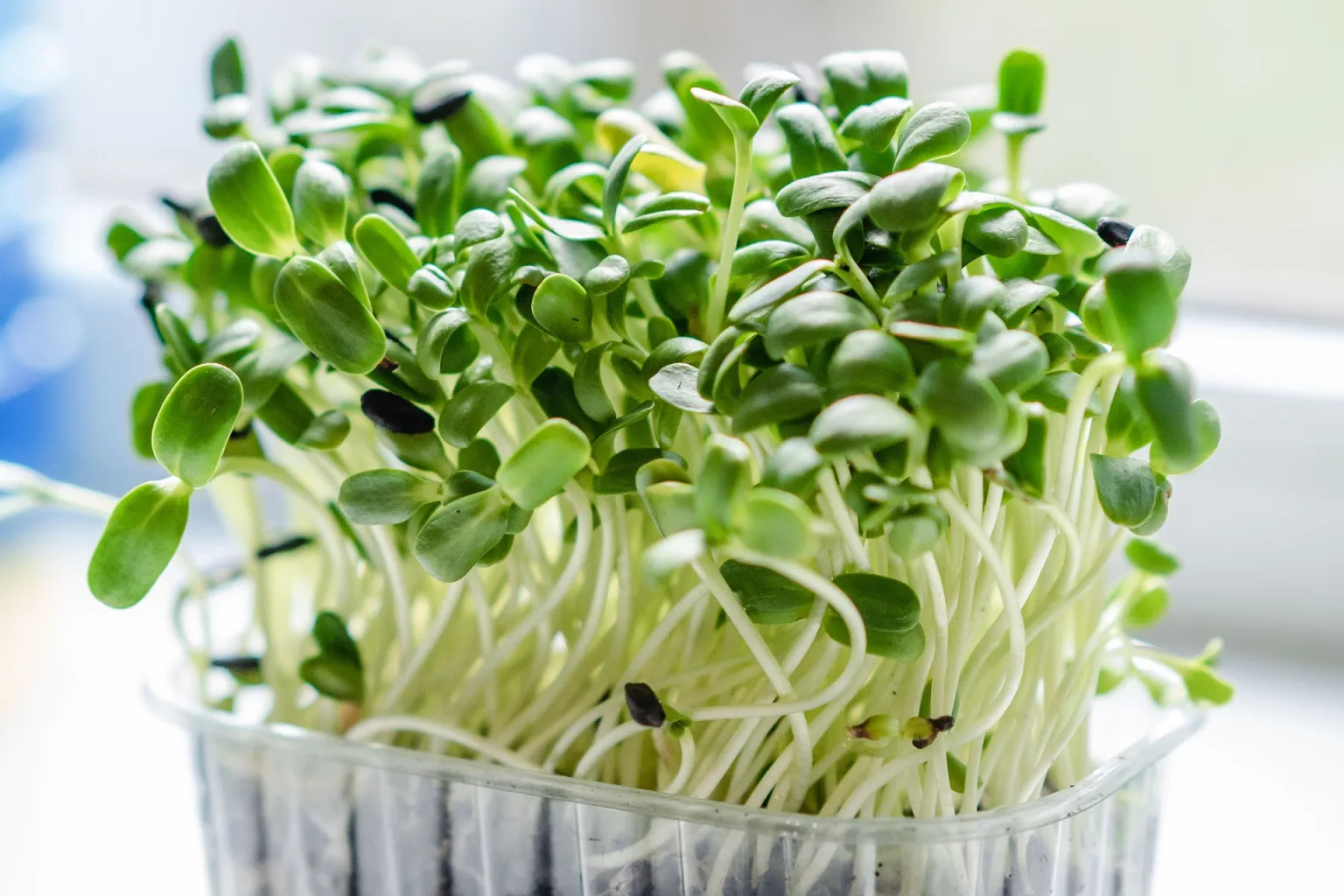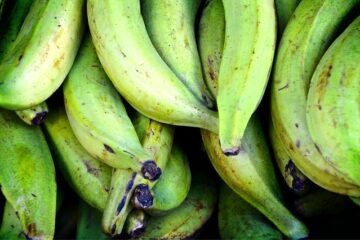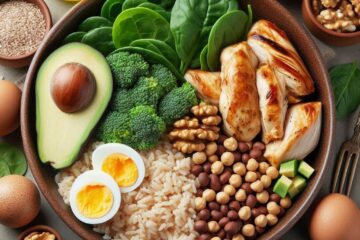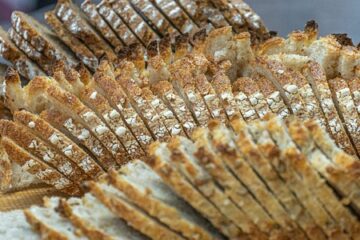Microgreens For Fit Dads

Living the Fit Dad lifestyle does involve exploring many options for healthy food. One newer option that is becoming quite popular is “Microgreens”
Microgreens are young vegetable greens that are harvested just after the cotyledon leaves have developed and are typically 1 to 3 inches tall. They are often used as a garnish or added to salads, sandwiches, and other dishes to add flavor, color, and nutrition.
They can be bought online , at some grocery stores and markets or you can grow them yourself. They are usually ready to eat in about 1-2 weeks after planting.
Some potential benefits of microgreens include:
- Nutritional value: Microgreens can be a good source of vitamins, minerals, and antioxidants. For example, some types of microgreens may contain high levels of vitamins C and K, as well as carotenoids and other phytochemicals.
- Convenience: Microgreens are small and easy to grow, so they can be grown year-round in a small space, such as on a windowsill or in a greenhouse. This makes them a convenient source of fresh produce, even in the winter months.
- Flavor: Microgreens can have a variety of flavors, ranging from mild to spicy, depending on the type of plant. They can be used to add flavor to dishes or as a garnish to add visual interest.
- Environmental benefits: Microgreens can be grown using sustainable methods, such as using organic seeds and soil, and they can be grown using minimal water and space. This makes them a more environmentally friendly option compared to some other types of produce.
- Versatility: Microgreens can be used in a variety of dishes, from salads and sandwiches to smoothies and soups. They can also be used as a garnish or added to dips and spreads for added flavor and nutrition.
Here are some popular Microgreens:
- Asparagus Microgreen
- Beet Microgreen
- Broccoli Microgreen
- Brussel Sprout Microgreen
- Cabbage Microgreen
- Cauliflower Microgreen
- Flaxseed Microgreen
- Kale Microgreen
- Lentil Microgreen
- Lettuce Microgreen
- Onion Microgreen
- Parsley Microgreen
- Pumpkin Microgreen
- Quinoa Microgreen
- Radish Microgreen
- Spinach Microgreen
- Turnip Microgreen
Disclaimer: Always consult your doctor before trying anything mentioned in this article. All information in this email is intended for educational use only and is not a substitute for professional medical advice, diagnosis, or treatment. Fit Dads Over 40 is not responsible for the accuracy, completeness, suitability, or validity of any information in this article


